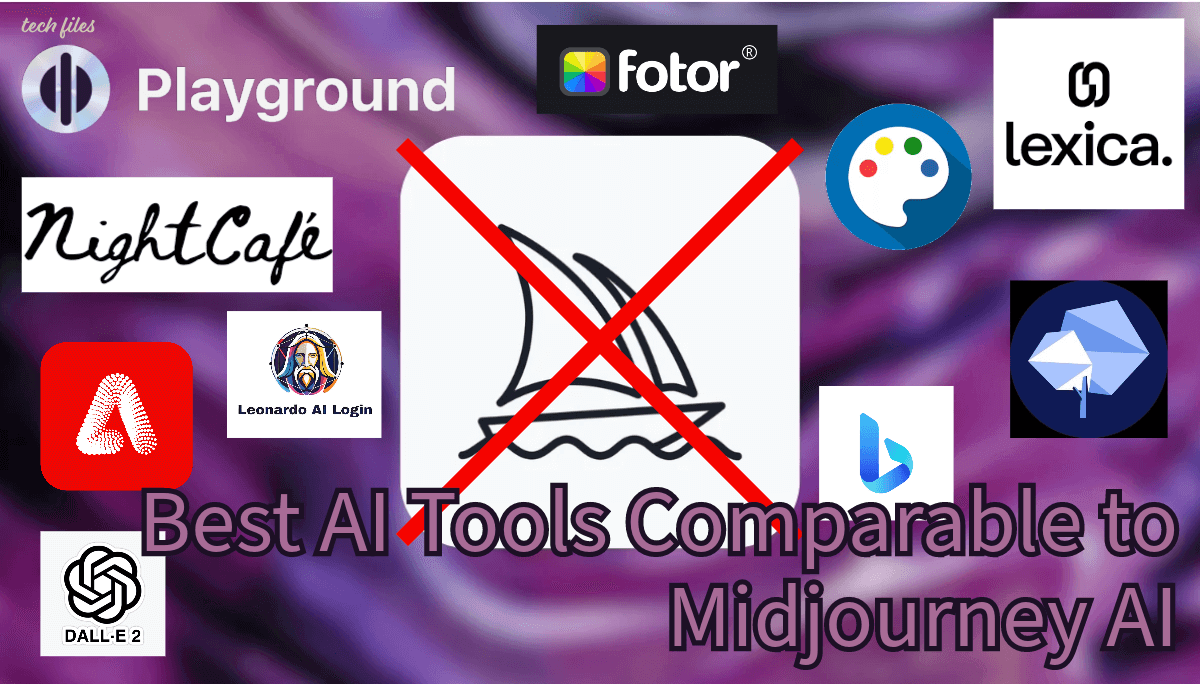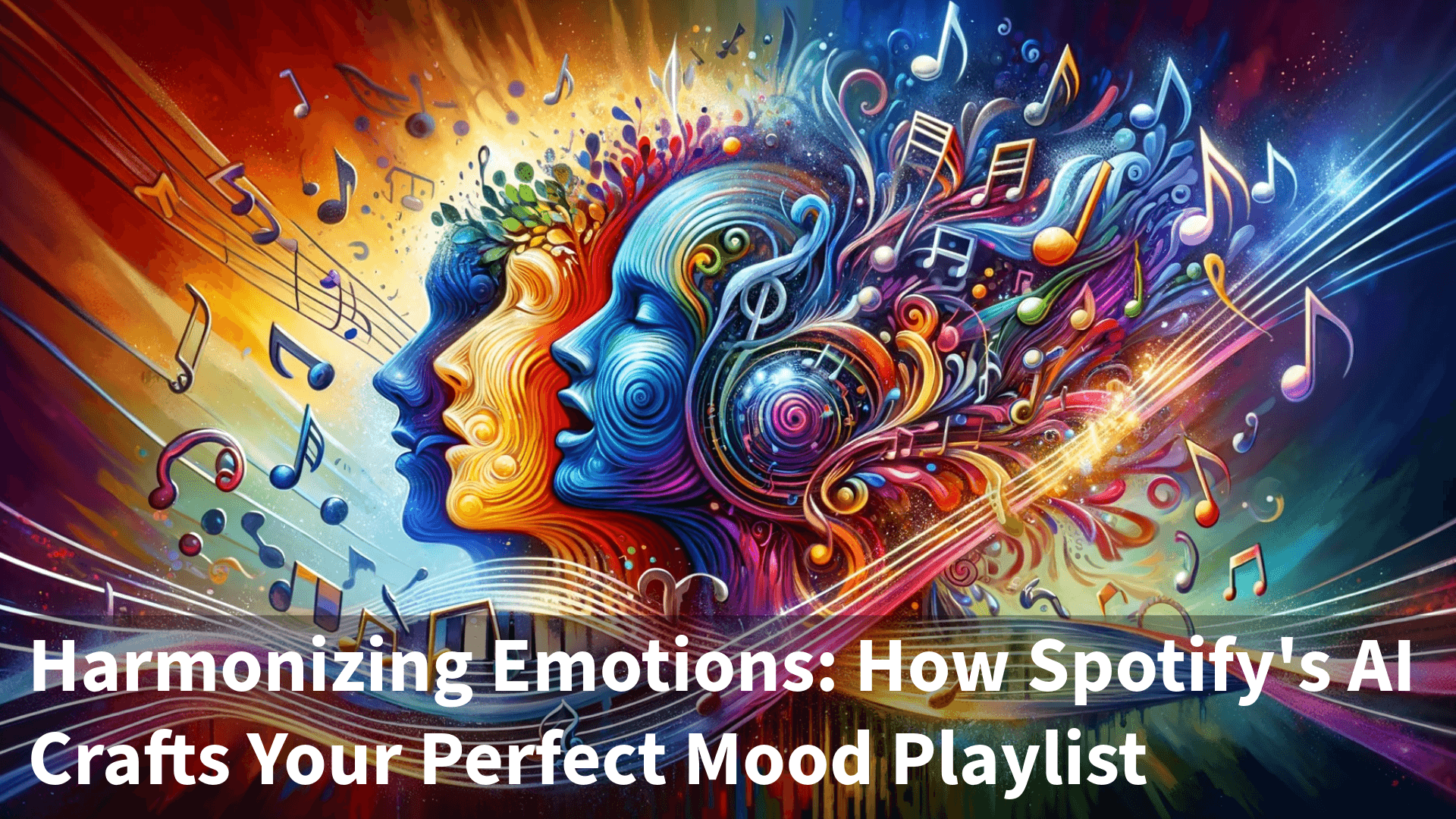Revolutionizing Web Design: AI's Pioneering Role in Crafting Digital Experiences

In recent years, Artificial Intelligence (AI) has emerged as a groundbreaking force in the realm of web design. This technological innovation is not just a fleeting trend; it’s a paradigm shift, reinventing the way we approach, develop, and experience websites. In this comprehensive guide, we explore the multifaceted role of AI in web design, showcasing how it’s transforming the industry and enhancing user experiences.
AI-Driven User Experience Design
Understanding User Behavior
AI excels in analyzing user data, enabling designers to create highly personalized experiences. By leveraging machine learning algorithms, AI can interpret user interactions, preferences, and behavior, providing invaluable insights for optimizing website layouts, content, and navigation.
Personalized Content and Layouts
Through AI, websites can dynamically adjust content and layouts based on user data. This personalized approach ensures that each visitor enjoys a unique experience, tailored to their interests and preferences, significantly boosting user engagement and satisfaction.
Enhanced Visual Aesthetics with AI
Automated Design Tools
AI-powered design tools are revolutionizing the creative process. These tools can generate aesthetically pleasing layouts and color schemes, making web design more efficient and accessible to those without extensive design training.
Image and Video Enhancement
AI algorithms enhance the visual quality of images and videos on websites. By optimizing resolution and adjusting visual elements, AI ensures that multimedia content is both appealing and optimized for different devices.
Streamlining Web Development
Code Generation and Optimization
AI is simplifying web development by automating coding processes. AI tools can generate clean, efficient code, reducing development time and minimizing errors. This automation allows designers to focus more on creative aspects and less on technical details.
SEO Optimization
AI plays a crucial role in optimizing websites for search engines. By analyzing search trends and user behavior, AI can suggest relevant keywords, optimize content, and improve website structure, enhancing online visibility and traffic.
AI-Powered Accessibility and Inclusivity
Making Websites Accessible
AI is pivotal in making websites more accessible to individuals with disabilities. It can automatically adjust website elements like color contrast, font size, and navigation to accommodate various needs, ensuring an inclusive digital experience.
Language Translation and Localization
With AI, websites can offer real-time translation and localization, making content accessible to a global audience. This feature breaks down language barriers, expanding the reach and impact of websites.
AI and E-commerce Integration
Personalized Shopping Experiences
In e-commerce, AI tailors shopping experiences to individual preferences and browsing history. This personalization ranges from product recommendations to customized deals, significantly enhancing the user’s shopping journey.
Chatbots for Enhanced Customer Service
AI-driven chatbots provide instant customer support, answering queries and guiding users through their shopping experience. This 24/7 service improves customer satisfaction and engagement, crucial in the competitive e-commerce landscape.
AI in Website Security
Predictive Threat Detection
AI enhances website security by predicting and identifying potential threats. Using machine learning, it can analyze patterns and detect anomalies, proactively safeguarding websites from cyber attacks.
Data Privacy and Compliance
AI tools ensure that websites comply with data privacy regulations. By automating data management and monitoring user consent, AI plays a crucial role in maintaining user trust and legal compliance.
The Future of AI in Web Design
Continuous Learning and Improvement
AI systems continuously learn and evolve based on user data, ensuring that websites remain relevant and efficient. This ongoing improvement cycle promises a future where websites are increasingly intuitive and user-centric.
Integration with Emerging Technologies
The future of AI in web design also involves integration with emerging technologies like augmented reality (AR) and virtual reality (VR), offering even more immersive and interactive user experiences.
Conclusion
Artificial Intelligence is not just transforming web design; it’s setting a new standard for digital experiences. It’s about creating websites that are not only visually stunning but also intelligent, responsive, and deeply attuned to user needs. As AI continues to evolve, its role in web design is bound to expand, offering exciting possibilities for the future of digital interactions. Embracing AI in web design is no longer optional; it’s essential for staying competitive and relevant in an increasingly digital world.
Call to Action
Ready to revolutionize your web presence with AI-driven design? Contact us today to explore how AI can transform your website into a dynamic, user-centric platform!











Sharing is caring!